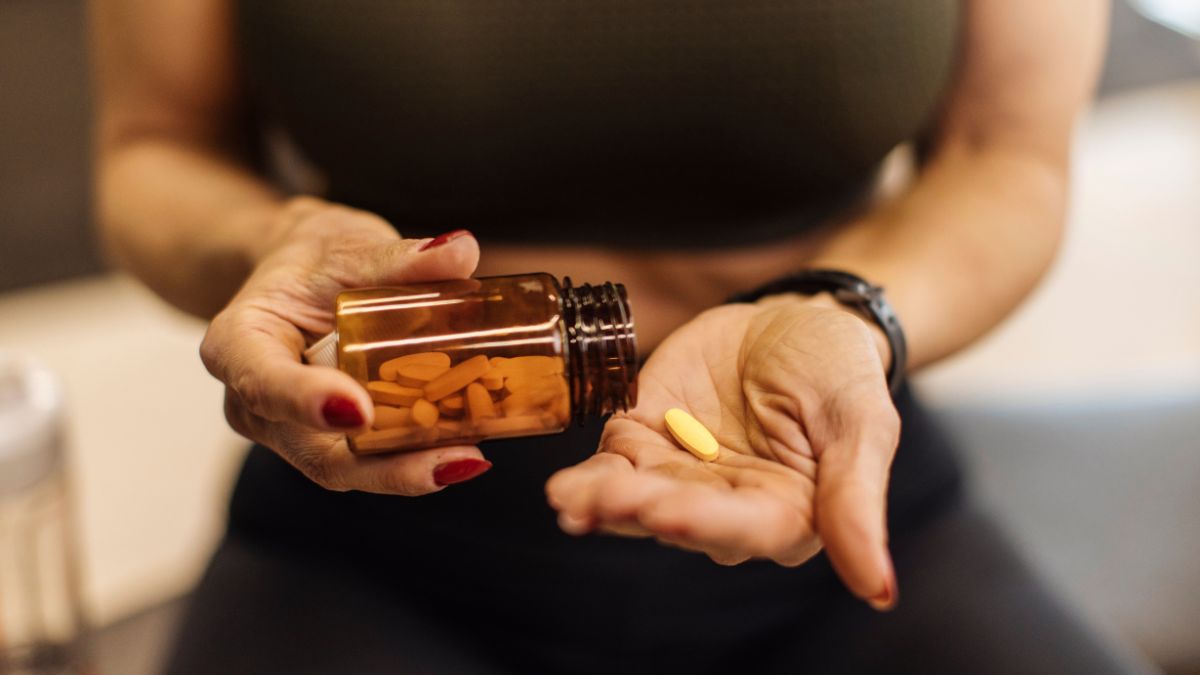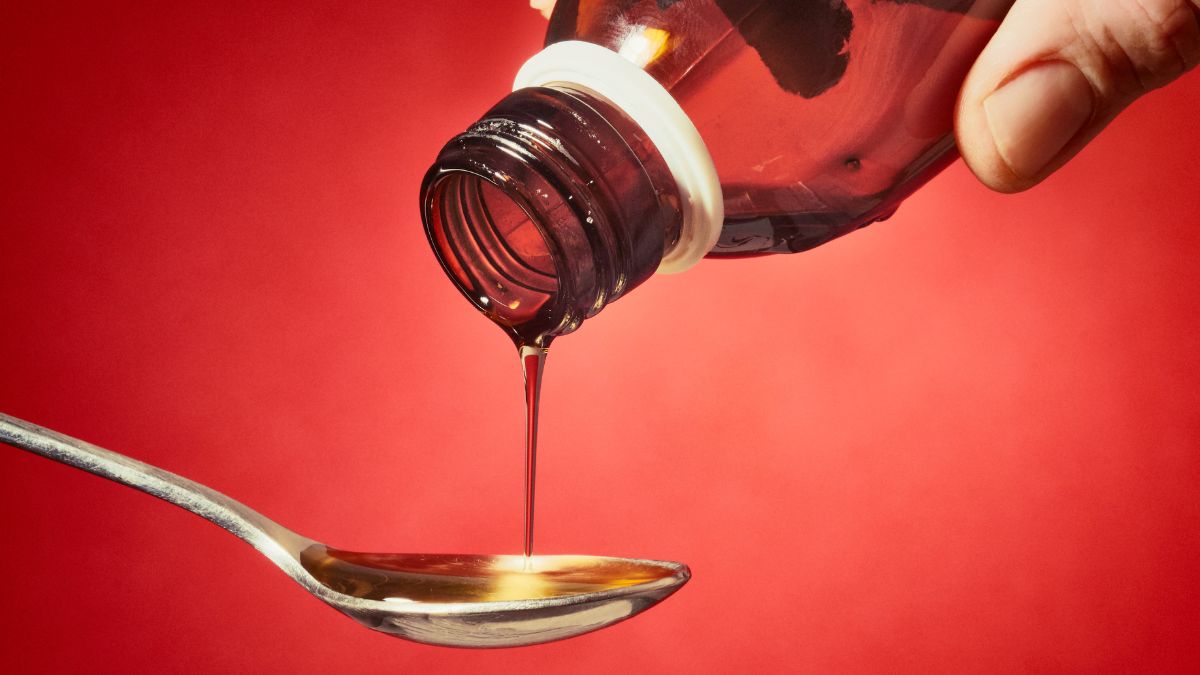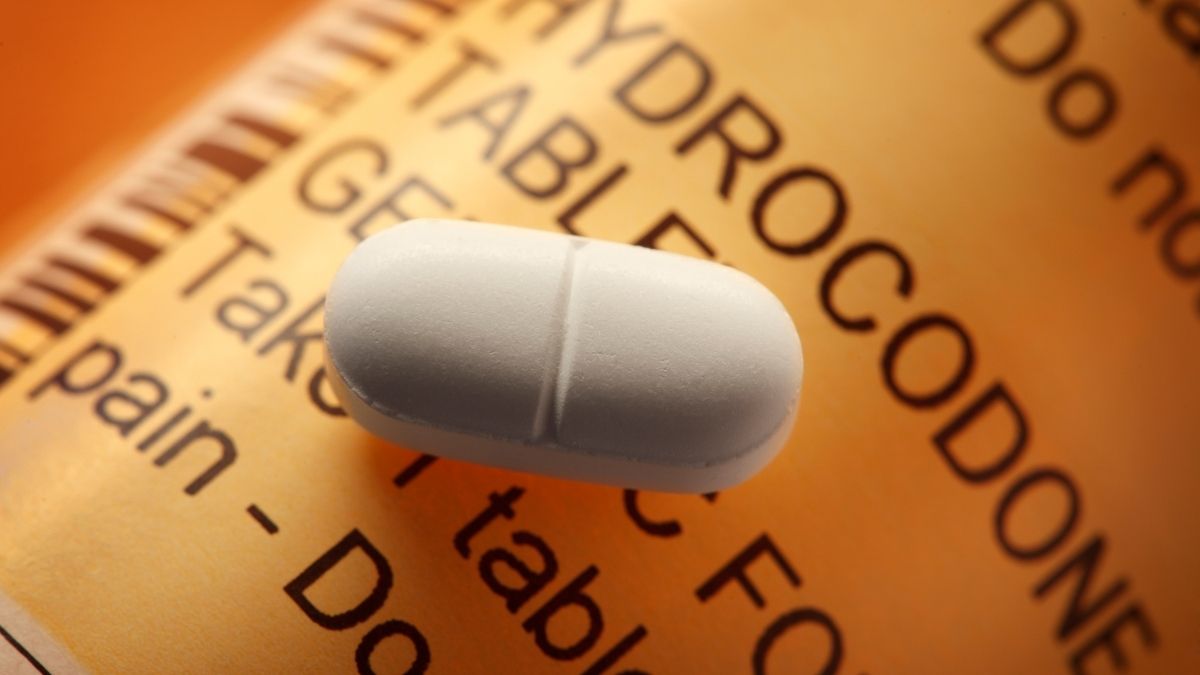Ibuprofen is a non-steroidal anti-inflammatory medication. It is commonly prescribed as a painkiller. Many prescription medications warn users not to mix the medication with alcohol, as it can lead to severe side effects and sometimes even prove to be a deadly combination.
In this article, we will answer your questions as to can you take ibuprofen and drink alcohol and the safety of mixing ibuprofen and alcohol together.
The Dangers of Combining Ibuprofen and Alcohol
Ibuprofen is classified as a non-steroidal anti-inflammatory drug (NSAID). This means it is a regular pain reliever commonly used for everyday pain relief. You can find it on the counter under different brand names like Advil, Midol, Motrin, and even ibuprofen itself. Ibuprofen relieves pain by blocking certain hormones known as prostaglandins, which play a vital role in inflammation and pain regulation, among other things.
Ibuprofen in itself can have certain side effects like vomiting, diarrhea, abdominal pains, and so on, but when you take it along with food, you can reduce these side effects to a great extent. But mixing ibuprofen and alcohol? No, this is a risky combination.
Alcohol does many things to your body. For one, it can have an adverse impact on your stomach and intestinal tract, which then becomes many times worse when you take ibuprofen along with alcohol. While taking minimal quantities of alcohol along with ibuprofen may be typically safe, it is when you drink heavily and take ibuprofen that the risks compound and become worse.
Here are some risk factors of mixing ibuprofen and alcohol:

Side Effects:
Alcohol and ibuprofen can lead to unpleasant side effects like headaches, vomiting, lightheadedness, extreme drowsiness, lethargy, fatigue, and impaired coordination.
Less Effective:
Mixing alcohol and other medications like ibuprofen can hinder the effectiveness of the said medication.
Reduced Alertness:
Alcohol gives rise to relaxation, but when these substances are mixed together, it can lead to excessive relaxation that impairs your ability to stay alert and focus. This increases the risk of injury or accidents.
Gastrointestinal Bleeding:
Alcohol and ibuprofen can greatly irritate the stomach and intestinal tract, leading to gastrointestinal bleeding. This can give rise to stomach aches and blood in the stools or vomit.
Kidney Damage:
Prolonged or chronic use of alcohol and ibuprofen can increase the risk of kidney damage, which shows up as swelling of the limbs and shortness of breath.
If you or any of your loved ones are taking ibuprofen and drinking alcohol, then it is crucial to have an open, detailed conversation with your doctor regarding the risks and side effects of the same. Follow your doctor’s instructions regarding the dosage of ibuprofen, and avoid taking alcohol if they instruct you to do the same. In case of any side effects, contact them immediately.
Also, read: Mixing Antibiotics and Alcohol
Call Design for Recovery to Begin Your Healing Journey!
Reach out to our team to discuss sober living options and next steps toward a healthier routine.
How Ibuprofen Affects Your Liver and Kidneys When Mixed with Alcohol?
Ibuprofen is not typically related to liver damage. However, in itself, heavy and chronic consumption of alcohol can lead to liver damage, giving rise to a condition known as alcohol-related liver disease (ALRD). It inflames and scars the liver, which impedes its functioning and heightens the chances of liver failure. In extreme cases, only a liver transplant can increase survival rates and prevent fatalities.
However, mixing ibuprofen and alcohol together can lead to kidney damage - especially in the cases of prolonged use of both. Alcohol consumption puts a strain on kidney functioning, while NSAIDs like ibuprofen can impact kidney functioning as they stop the production of an enzyme known as cyclooxygenase (COX) to reduce inflammation and pain. This changes the kidneys’ ability to filter dangerous substances from the body, which is their primary job.
If anybody is struggling with pre-existing kidney conditions or kidney damage, then it is crucial to avoid alcohol and ibuprofen together and contact their doctor before taking either of these.
Contact Design for Recovery Today!
Fill out our quick form to connect with a peer mentor and learn how our sober living community supports accountability, structure, and personal growth in recovery.
What to Do if You Accidentally Take Ibuprofen With Alcohol?
Please remember, in lower quantities, taking alcohol with ibuprofen is not going to lead to severe risks or side effects. However, if a person is experiencing any of the severe side effects or struggling with pre-existing kidney conditions when they accidentally take ibuprofen with alcohol, then it is crucial to contact the doctor immediately and ensure to follow their instructions to a tee. Making any decisions on one’s own can lead to dangerous consequences.
Safe Alternatives to Ibuprofen for Pain Relief When Drinking
If you follow the instructions provided to you by prescription medications, then you will know that there is no safer alternative to pain relief when you are drinking. For instance, other painkillers like aspirin, acetaminophen, and naproxen can also interact with alcohol and lead to adverse side effects. Natural remedies are not always safe either, as both natural and herbal supplements can interact with alcohol and lead to unpleasant effects.
Therefore, it is safe to avoid alcohol when you have been prescribed any kind of pain relief medication. We understand that, in many cases, this is easier said than done, especially if you are struggling with an alcohol use disorder (AUD). However, there are many kinds of integrated care options available to you for a lasting recovery from this substance abuse. At Design For Recovery, we offer leading sober living facilities where you receive a structured environment, clinical support, and an understanding community on your journey toward healing and a sober life. We only ask you to reach out, and a sober tomorrow can be your reality.
- The Dangers of Combining Ibuprofen and Alcohol
- How Ibuprofen Affects Your Liver and Kidneys When Mixed with Alcohol?
- What to Do if You Accidentally Take Ibuprofen With Alcohol?
- Safe Alternatives to Ibuprofen for Pain Relief When Drinking
Begin Lasting Sobriety Now!
Frequently Asked Questions
No, it is not recommended to drink alcohol while you are taking ibuprofen, as this combination can lead to severe side effects and increase the risk of gastrointestinal bleeding and kidney damage.
It takes nearly 10 hours for your body to eliminate ibuprofen from the system. This can even increase depending on your dosage, frequency, and other personal factors. Therefore, it is recommended to wait for at least 10-17 hours before you drink alcohol after taking ibuprofen.
Heavy drinking while taking ibuprofen leads to extreme drowsiness, atypical bleeding, and kidney damage.
Yes, combining ibuprofen and alcohol can impair your focus and coordination, raising the risk of injuries and accidents.
Most painkillers, including acetaminophen, aspirin, and natural remedies, can still interact with alcohol and lead to unpleasant effects. So, it is best to avoid both together and consult a doctor.
https://www.ncbi.nlm.nih.gov/books/NBK542299/
https://www.ncbi.nlm.nih.gov/books/NBK20360/
https://www.drugs.com/medical-answers/you-drink-alcohol-ibuprofen-3571982/







Written By
David Beasley